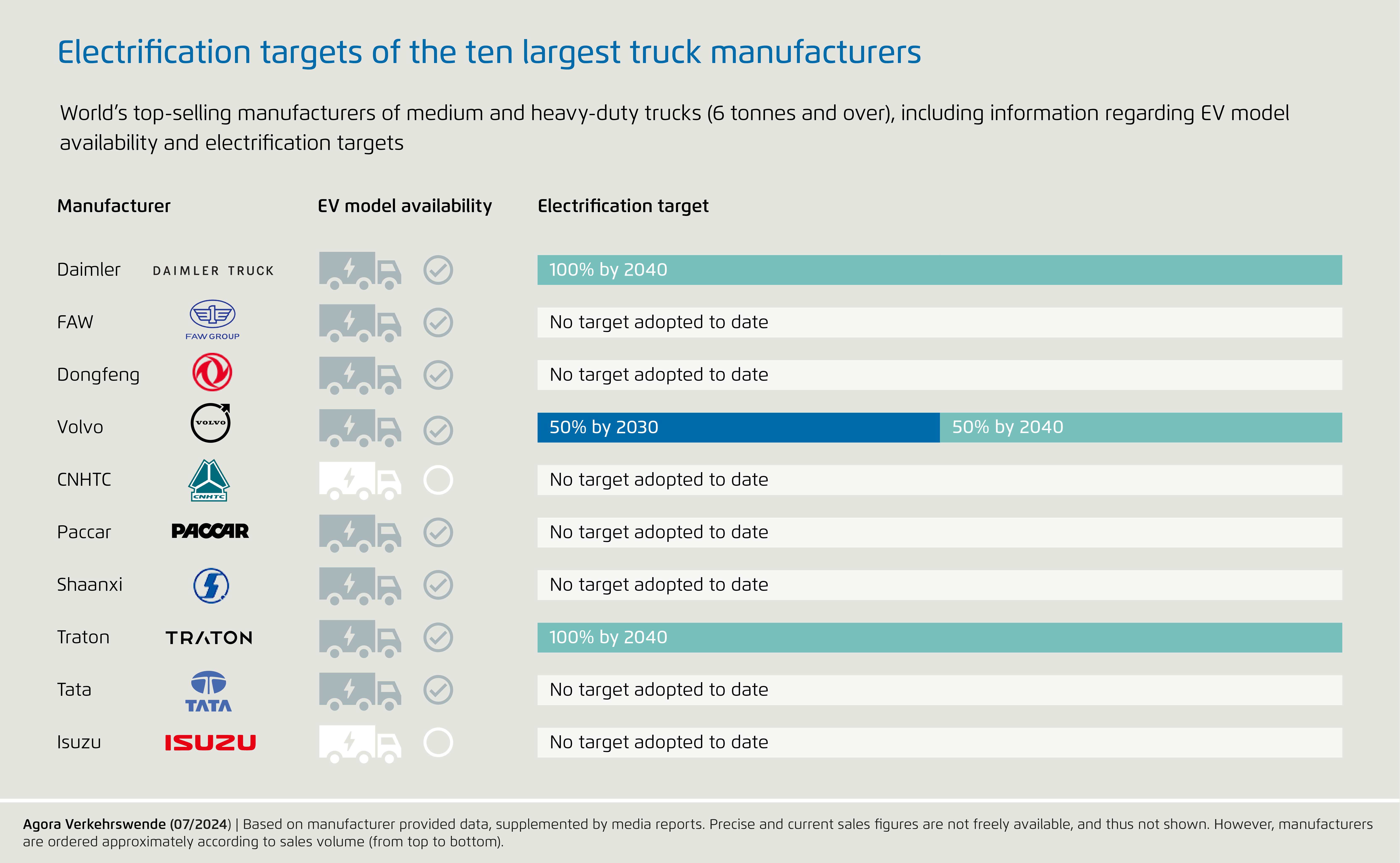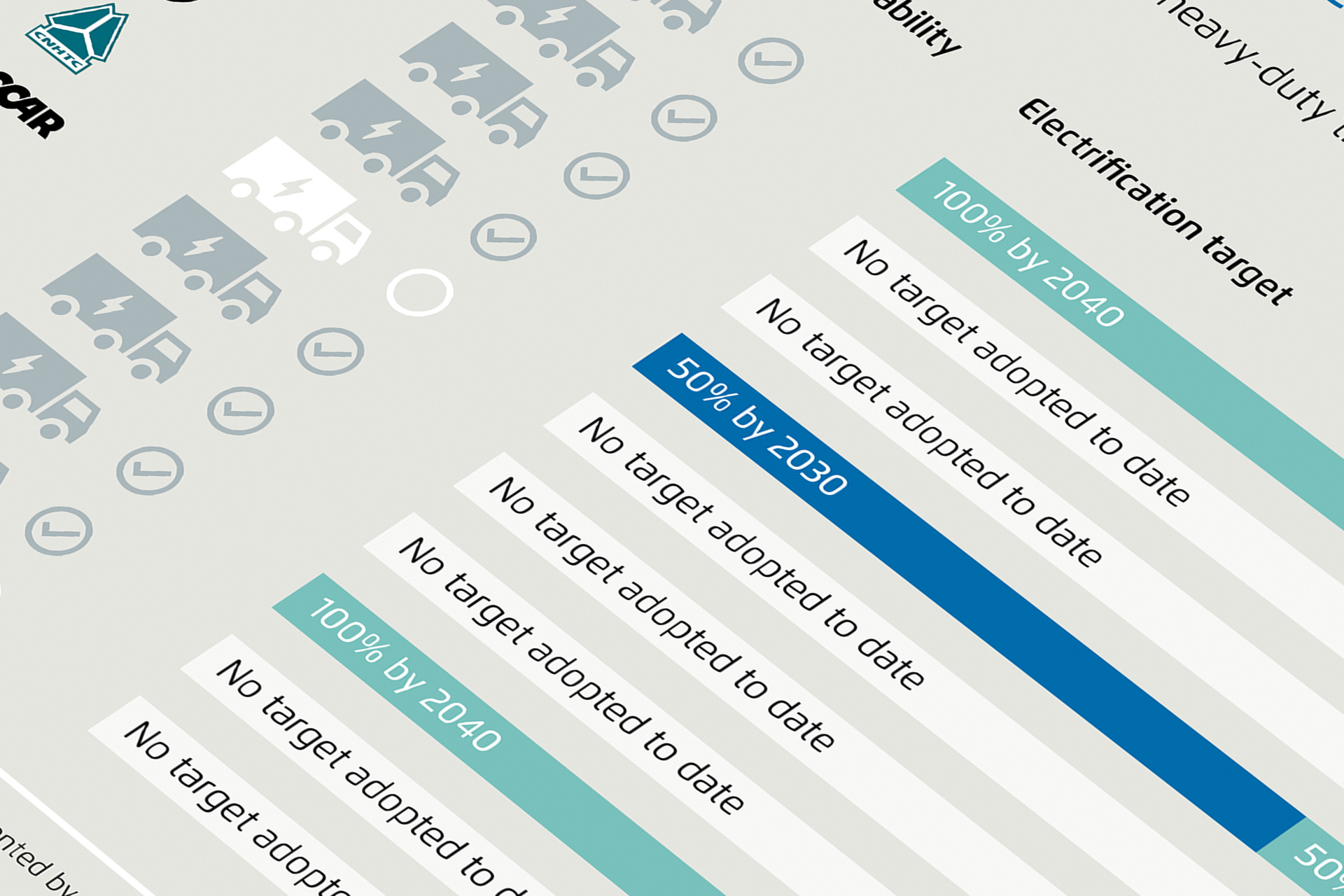Under consideration of the Creative Commons license CC BY (attribution) the image may be further processed in any format or medium (also commercially, also in modified form), as long as the author is mentioned and a link to the license is given.
Under consideration of the Creative Commons license CC BY (attribution) the image may be further processed in any format or medium (also commercially, also in modified form), as long as the author is mentioned and a link to the license is given.

Under consideration of the Creative Commons license CC BY (attribution) the image may be further processed in any format or medium (also commercially, also in modified form), as long as the author is mentioned and a link to the license is given.
Under consideration of the Creative Commons license CC BY (attribution) the image may be further processed in any format or medium (also commercially, also in modified form), as long as the author is mentioned and a link to the license is given.
Under consideration of the Creative Commons license CC BY (attribution) the image may be further processed in any format or medium (also commercially, also in modified form), as long as the author is mentioned and a link to the license is given.
Under consideration of the Creative Commons license CC BY (attribution) the image may be further processed in any format or medium (also commercially, also in modified form), as long as the author is mentioned and a link to the license is given.
Under consideration of the Creative Commons license CC BY (attribution) the image may be further processed in any format or medium (also commercially, also in modified form), as long as the author is mentioned and a link to the license is given.
Under consideration of the Creative Commons license CC BY (attribution) the image may be further processed in any format or medium (also commercially, also in modified form), as long as the author is mentioned and a link to the license is given.

